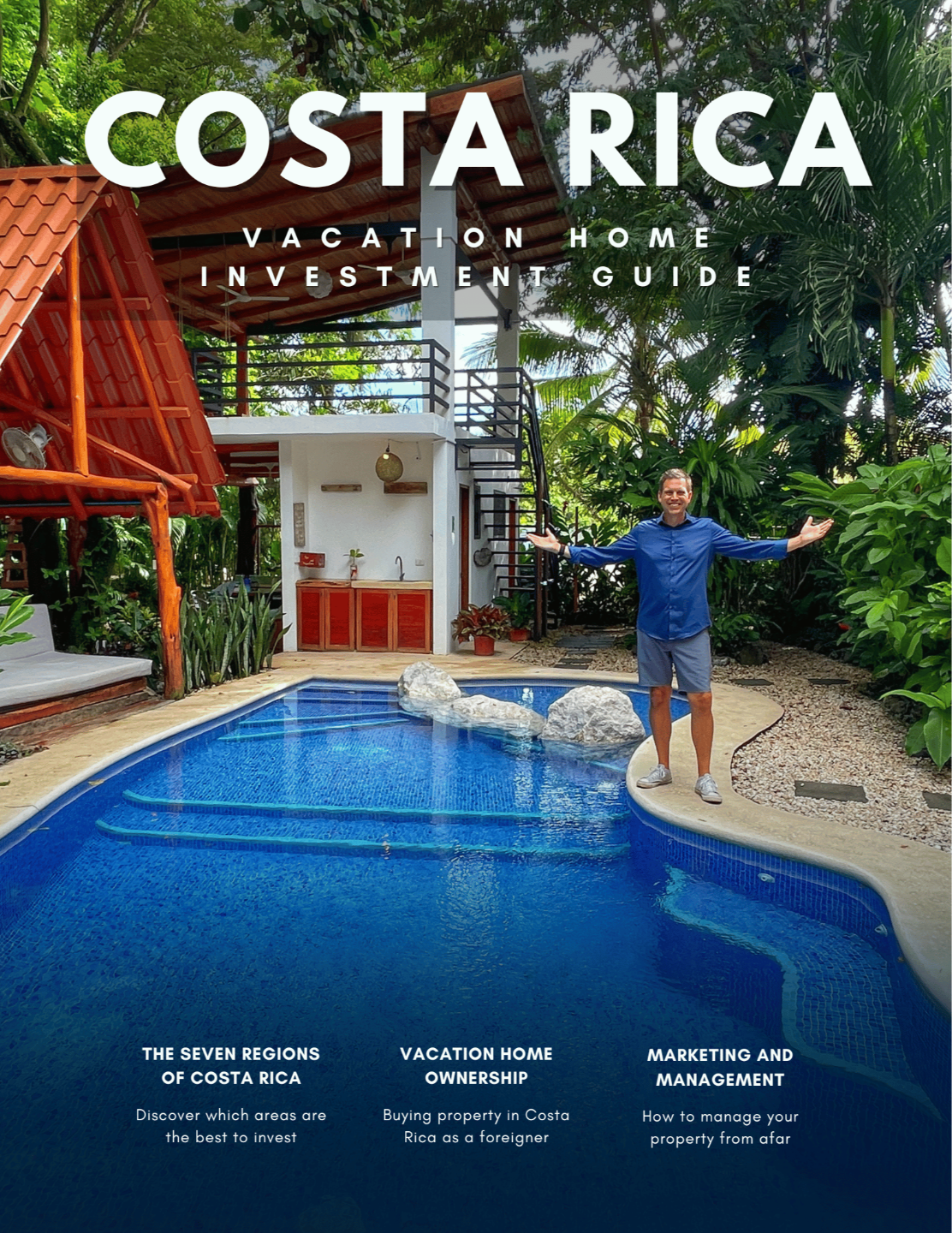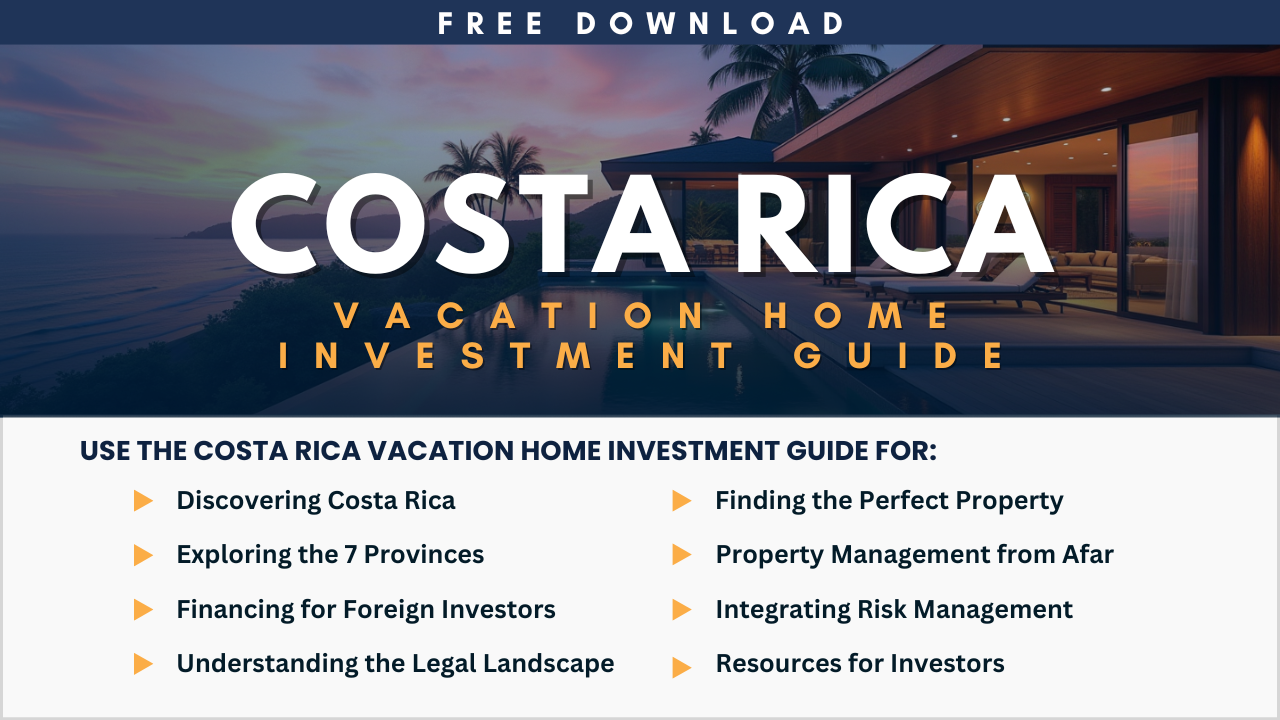
The Risks of Over-Pricing Your Vacation Rental
Pricing is one of the most crucial aspects of successfully managing a vacation rental. Get it right, and you’ll enjoy a steady stream of bookings and a healthy return on investment. But price it wrong—especially by setting your rates too high—and you could face significant risks that can harm your occupancy rates, guest satisfaction, and ultimately your revenue.
In this blog post, we’ll explore the dangers of overpricing your vacation rental and how it can impact your business. We’ll also provide strategies to ensure that your pricing is competitive, reasonable, and reflective of the true value of your property.
Why Overpricing Is a Problem for Vacation Rentals
When setting your vacation rental price, it’s important to strike the right balance between generating revenue and ensuring that your property remains competitive in the market. Overpricing may seem like an easy way to increase profits, but it often leads to more harm than good. Here’s why:
Reduced Booking Volume
- The most immediate risk of overpricing your vacation rental is the reduced number of bookings. If your nightly rate is significantly higher than similar properties in your area, potential guests will likely skip over your listing in favor of more affordable options. Even if your property offers great amenities and a prime location, a price that’s too high can be a deterrent for most guests.
- In the vacation rental business, price sensitivity is a major factor. If your property is priced above the competition, even the most attractive features or luxurious amenities won’t be enough to convince guests to book.
Longer Vacancy Periods
- Overpricing your vacation rental can lead to extended vacancy periods, especially during off-peak seasons or low-demand months. If your property isn’t filling up at the price you’ve set, you may eventually have to lower the rate to attract guests. However, the longer your property remains vacant at an inflated price, the more potential revenue you lose.
- Even if you’re able to adjust prices downwards, those months of vacancy still represent lost income that might have been achieved with more competitive pricing in the first place.
Poor Guest Experience and Negative Reviews
- When guests feel that they haven’t received good value for their money, they may leave negative reviews, damaging your property’s reputation. This is especially true if you’ve priced the property too high for the experience it offers. A guest who pays a premium rate expects a premium experience—and if that expectation isn’t met, they may be quick to express their dissatisfaction online.
- Negative reviews, especially those highlighting overpricing or underwhelming amenities, can damage your booking potential long-term. Future guests might be hesitant to book if they feel that the cost doesn’t align with what they’re getting.
Difficulty Competing with Similar Listings
- Overpricing puts you at a disadvantage in the highly competitive vacation rental market. Many potential guests will do price comparisons before making a booking, especially for longer stays or during peak seasons. If they find similar properties with comparable amenities at a lower price, they’re more likely to choose those alternatives.
- Being unable to compete with price can make it difficult to stand out in a crowded market. The more competitive your rates are, the more likely you are to attract guests who are looking for value for money.
Lower Return on Investment (ROI)
- While it may seem like charging higher rates will improve your return on investment, overpricing can actually harm your ROI in the long run. If your property sits empty for extended periods, you’re missing out on potential rental income. Even with a higher price, the absence of bookings means you’re not bringing in any revenue at all.
- In many cases, charging a slightly lower price to maintain a higher occupancy rate leads to better overall revenue. You’ll also benefit from repeat bookings and positive reviews if guests feel they are getting more than what they paid for.
How to Price Your Vacation Rental Competitively
To avoid the pitfalls of overpricing your vacation rental, here are some strategies for setting a competitive and attractive price:
Research the Local Market
- Before setting a price, research what other similar vacation rentals in your area are charging. Use platforms like Airbnb, Vrbo, and Booking.com to check the pricing of properties with similar size, amenities, and location. This will give you a clear understanding of the going rates in your market.
- Ensure that you are comparing apples to apples—if your property offers a luxury pool or is located in a prime tourist destination, it might justify a higher rate. However, if your amenities and location are similar to others in the area, you’ll want to price in line with those competitors.
Use Dynamic Pricing
- Dynamic pricing tools, like PriceLabs, Beyond Pricing, and Wheelhouse, automatically adjust your prices based on various factors like demand, seasonality, and local events. By implementing dynamic pricing, you can avoid overpricing during low-demand periods and capitalize on higher rates during peak seasons or when demand is high.
- Dynamic pricing helps you stay competitive without manually adjusting your rates every time market conditions change. It ensures that your rates are always aligned with current market trends and demand.
Consider the Seasonality of Your Area
- Pricing during peak seasons or high-demand periods (e.g., holidays, local festivals, or school vacations) should be higher, while prices should be adjusted down during off-seasons or slower months. Consider using a tiered pricing system for different times of the year. For example, if you’re in a beach town, you might have peak rates in summer and lower prices during winter months.
- For off-season periods, offering discounts or promotions (e.g., “Book 3 nights, get the 4th free”) can help fill your calendar and maintain consistent occupancy.
Value Your Property’s Unique Features
- If your vacation rental offers special amenities or features (e.g., a hot tub, gourmet kitchen, or stunning views), make sure to price accordingly. Guests are willing to pay more for unique experiences, so highlight these aspects in your listing and justify the pricing accordingly.
- However, be cautious of overvaluing your property’s features. Ensure the price reflects the value your property offers, rather than inflating the price based solely on high-end amenities.
Set a Fair Minimum Price
- Set a minimum price threshold below which you’re unwilling to go. While offering discounts during off-seasons can attract guests, pricing your property too low can undermine its perceived value. Be sure that even in slower months, the price reflects the value and quality of your property.
How to Adjust Your Price If You’ve Over-Priced Your Property
If you’ve already set your price too high and are seeing low occupancy rates, don’t worry—it’s not too late to adjust. Here’s how to get back on track:
Lower Your Price Gradually
- Instead of drastically slashing your prices, make gradual adjustments over time to avoid shocking potential guests. A steady reduction will help you maintain your property's value while still appealing to guests looking for a good deal.
Offer Discounts for Last-Minute Bookings
- If your calendar isn’t filling up as expected, offer a last-minute discount for guests who book within a short window. For example, offering 10%-15% off for bookings made within the next 7 days can encourage potential guests to act quickly.
Increase Your Property’s Appeal
- If your property isn’t attracting guests at a high price, consider investing in upgrades to increase its appeal. This could include improving amenities, upgrading furniture, or enhancing the aesthetic appeal of your space. A better guest experience can justify a higher price, even after a price reduction.
Conclusion
Overpricing your vacation rental can have serious consequences, including reduced bookings, longer vacancy periods, and lower guest satisfaction. The key to a successful pricing strategy is finding the sweet spot—a price that reflects the value of your property while staying competitive in the market. By researching the local market, using dynamic pricing, and adjusting for seasonality, you can ensure that your property is priced effectively to maximize both occupancy and revenue.
Remember, pricing is not static. Continuously assess your property’s performance, guest feedback, and market conditions to stay on top of your pricing strategy and avoid the risks of overpricing.
Happy renting, and may your vacation rental thrive with steady bookings and great profits! If you’re ready to dive deeper into real estate investment and need expert advice, feel free to check out 👉www.vacationpropertyexpertnetwork.com for resources, tools, and strategies to guide you toward success.







